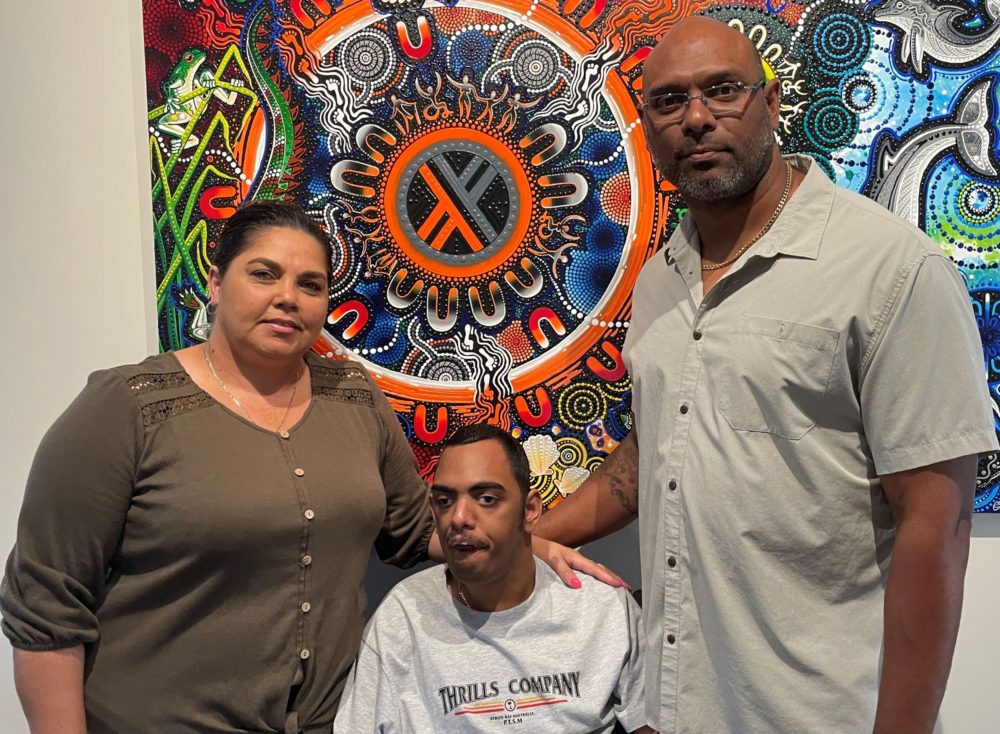By Neena Bhandari
Sydney, 19.08.2022 (SciDev.Net): Investments in agriculture and food research are declining at a time when these sectors are facing significant risks arising from climate change, biodiversity loss and the spread of pests and diseases that affect plants, animals and humans, an international conference heard.
“As a single and sobering example of the shift in investment in agricultural research, the spending of CGIAR, the world’s largest global agricultural innovation network, has declined in inflation-adjusted terms by almost 40 per cent since 2014,” said Philip Pardey, co-director of the GEMS agro-informatics initiative and director of global research strategy at the University of Minnesota’s College of Food, Agricultural and Natural Resource Sciences.
Speaking at The Crawford Fund annual conference held in Canberra, Australia on 15 and 16 August, Pardey said that all available evidence supports a doubling of agri-food R&D spending. “For every dollar invested in agricultural R&D, there is a return of US$10 in social benefit, and this level of return has been consistent over many years,” he said. “Yet, agri-food R&D spending is a declining share of total R&D spending.”

